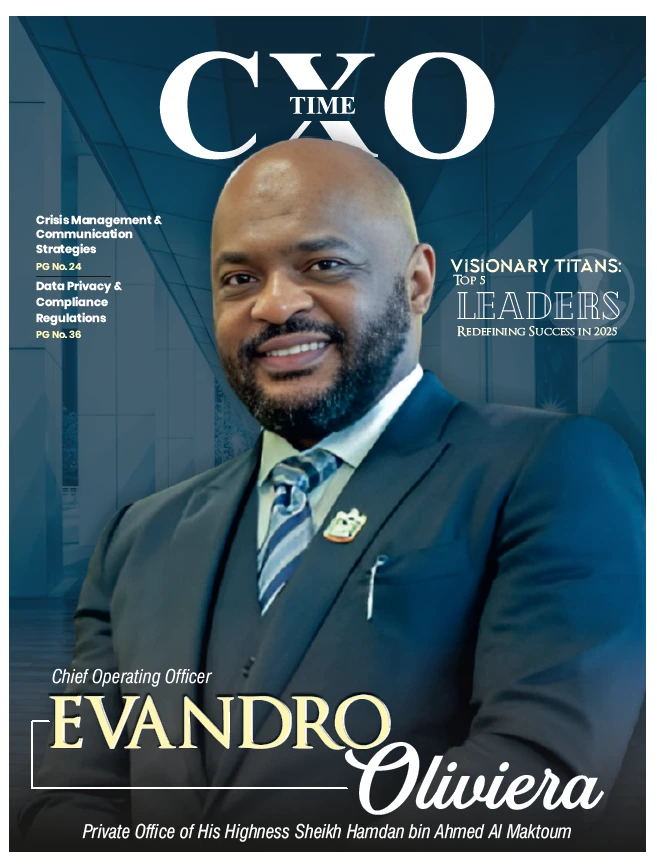

In today’s complex and ever-changing financial landscape, the importance of financial literacy cannot be overstated. It’s a universal skill that transcends age, income levels, and backgrounds, empowering individuals to take control of their financial destinies. In this comprehensive guide, we’ll delve into the essential money management skills that are relevant to individuals at every stage of life. Whether you’re a young adult embarking on your financial journey or a retiree looking to optimize your savings, this guide will equip you with the knowledge and strategies needed to navigate the financial world successfully.
Budgeting – The Foundation of Financial Success
Creating a budget is akin to building the foundation of a sturdy financial house. Regardless of your age, knowing where your money comes from and where it goes is fundamental. Start by tracking your income and expenses meticulously, categorize your spending, and identify areas where you can cut back. Numerous budgeting apps and tools are available to help simplify this process, making it easier to achieve your financial goals. Remember, a well-structured budget not only helps you manage your day-to-day expenses but also allows you to allocate funds for your savings, investments, and future financial endeavors.
Saving and Emergency Funds
Saving money is not just a habit; it’s a financial superpower that can transform your life. Cultivating this habit early on is crucial. Allocate a portion of your income regularly to savings. Building an emergency fund with at least three to six months’ worth of living expenses is essential to protect yourself from unexpected financial setbacks. This financial cushion provides peace of mind and a safety net for when life throws you a curveball. Additionally, consider setting specific savings goals, such as saving for a down payment on a house, a dream vacation, or your child’s education, to stay motivated and focused on your financial objectives.
Debt Management
Understanding the different types of debt, like credit card debt, student loans, and mortgages, is vital. Develop strategies to pay down high-interest debt as quickly as possible to reduce interest payments and improve your overall financial health. Being proactive about managing debt ensures that your hard-earned money works for you instead of going toward interest payments. Explore methods such as the debt snowball or debt avalanche to find the most effective approach for your situation. Remember, reducing and eventually eliminating debt sets the stage for greater financial freedom and flexibility.
Investing Wisely
Investing is a critical component of wealth-building, and it’s never too early to start. Educate yourself about various investment options such as stocks, bonds, mutual funds, and real estate. Diversifying your investments helps spread risk, and consider seeking advice from a qualified financial advisor to create a personalized investment strategy tailored to your financial goals and risk tolerance. Keep in mind that investing is a long-term endeavor. Patience and a well-thought-out investment plan are keys to growing your wealth over time. Additionally, stay updated on market trends and economic developments to make informed investment decisions.
Retirement Planning
Retirement may seem distant, but it’s essential to plan for it early. Contribute to retirement accounts like 401(k)s and IRAs, take full advantage of employer matches, and consider your long-term financial objectives when setting your retirement savings targets. The sooner you start, the more time your money has to grow through compound interest. Additionally, periodically review and adjust your retirement plan as your circumstances change. This might involve reassessing your retirement age, evaluating your risk tolerance, and rebalancing your investment portfolio to align with your retirement goals.
Conclusion: Continuous Learning
The financial world is in constant flux, with new opportunities and challenges emerging regularly. Commit to continuous learning by reading financial books, taking courses, and following reputable financial news sources. Lifelong learning ensures that you remain well-informed and equipped to adapt to changing financial circumstances. Stay curious about financial innovations, investment strategies, and economic trends. Engaging with financial communities, attending seminars or webinars, and networking with experts can provide valuable insights and expand your financial knowledge base. Remember that financial literacy is not a static concept—it’s a journey of discovery and empowerment that evolves alongside your life.
Mastering financial literacy is a lifelong journey that empowers individuals to make informed decisions, secure their financial future, and achieve their life goals. From budgeting and saving to investing and retirement planning, these essential money management skills are universally applicable. Start your journey toward financial literacy today, and remember that it’s never too late to enhance your financial knowledge and skills. By doing so, you’re not only securing your own financial well-being but also contributing to a more financially resilient and informed society.
The CXO Time Magazine is one of the leading global platforms for leaders and entrepreneurs to showcase their stories.

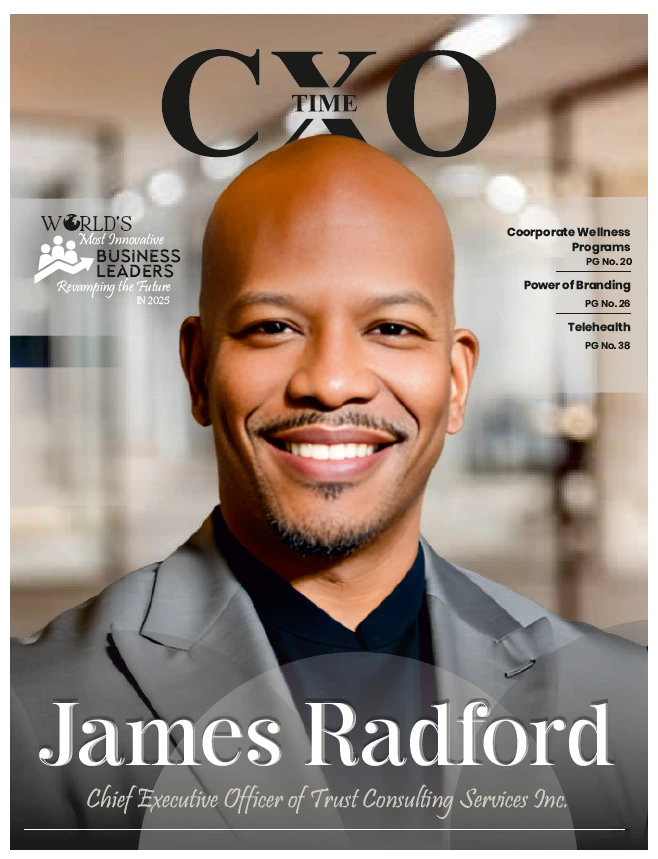
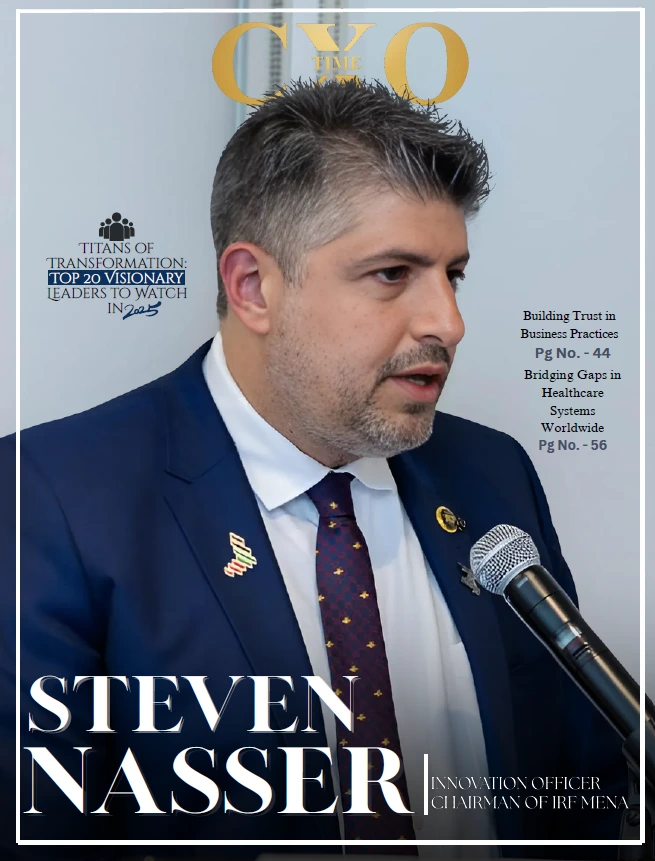
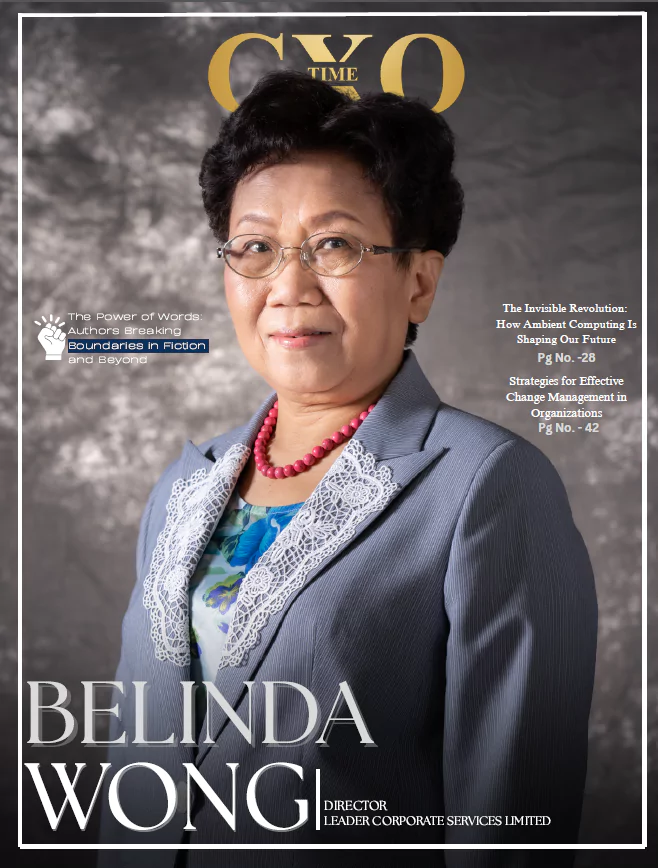

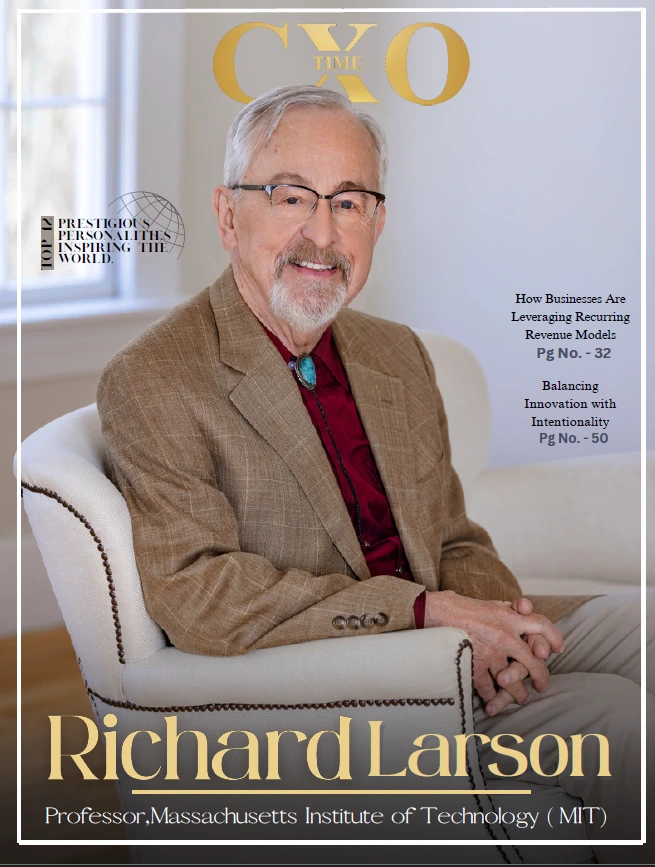


About Us
The CXO Time Magazine is one of the leading global platforms for leaders and entrepreneurs to showcase their stories.
Reach us: info@thecxotime.com